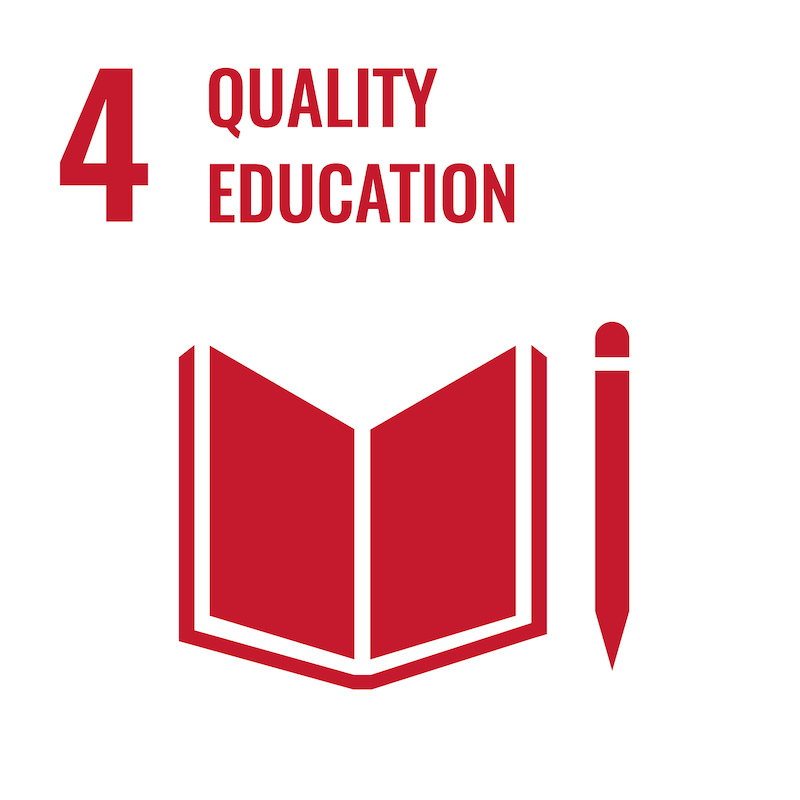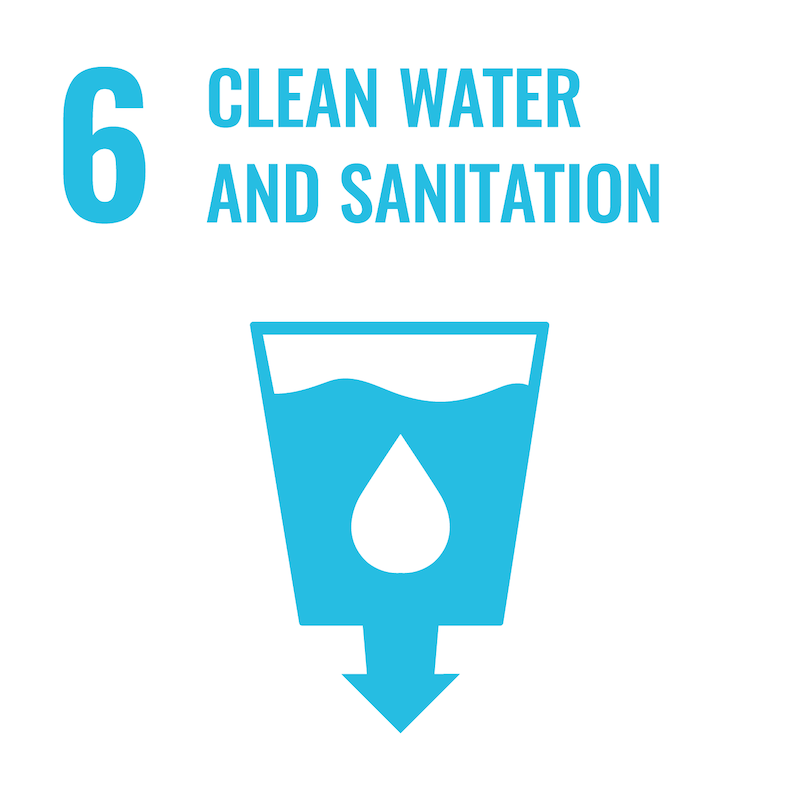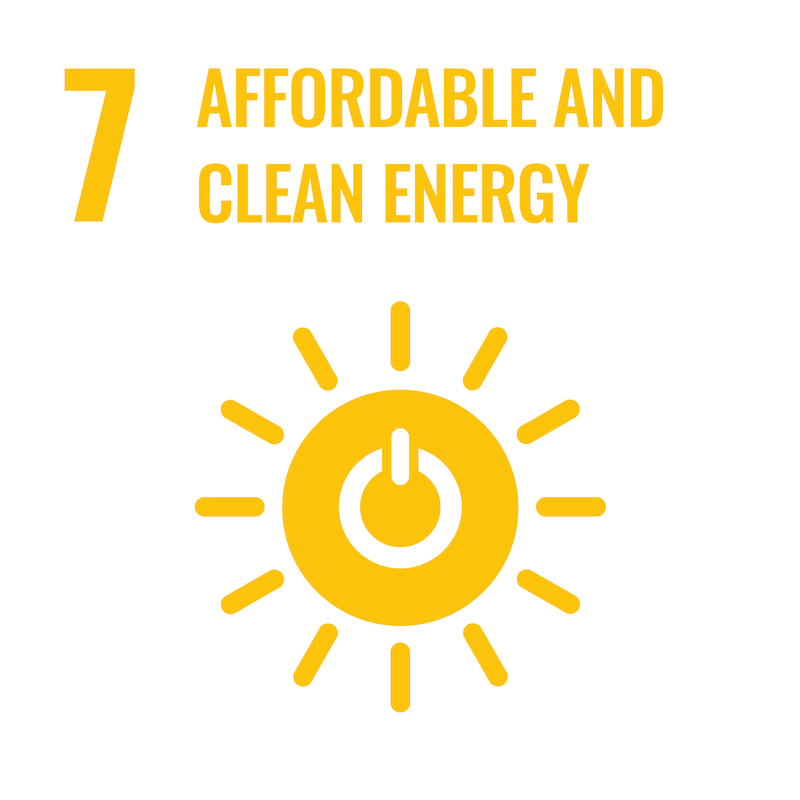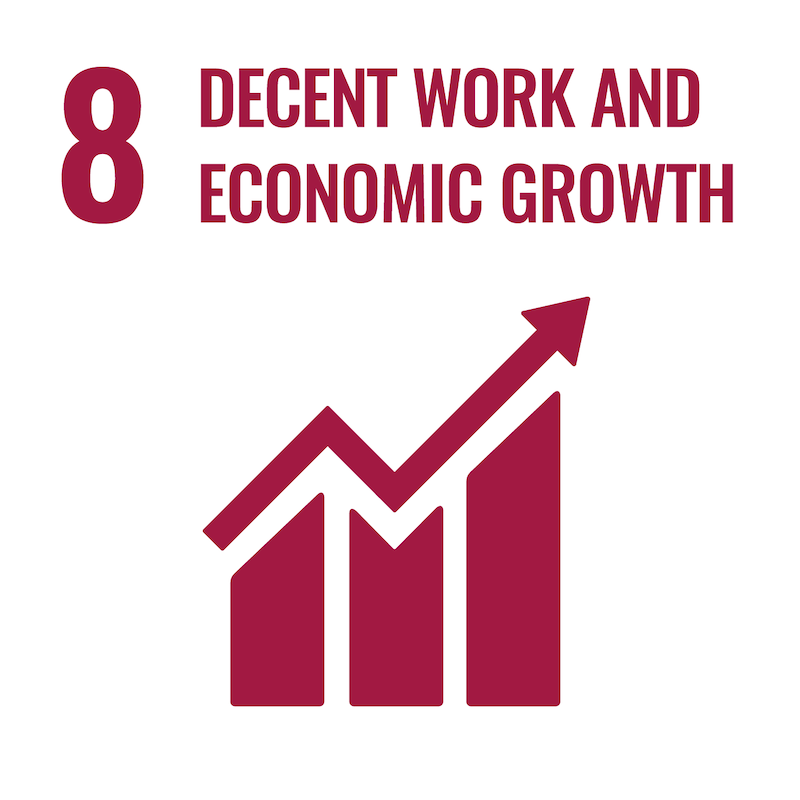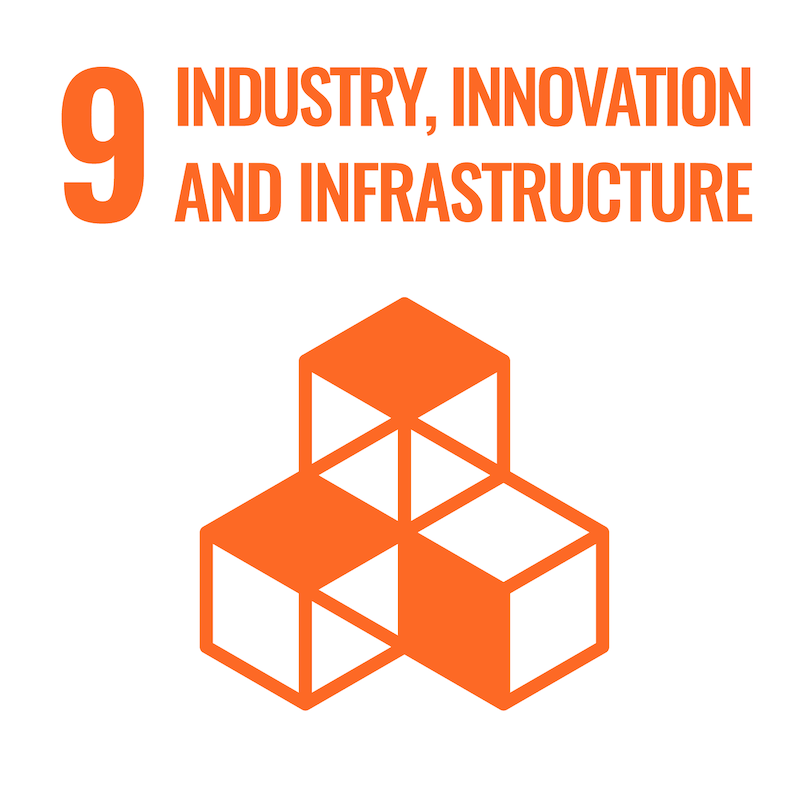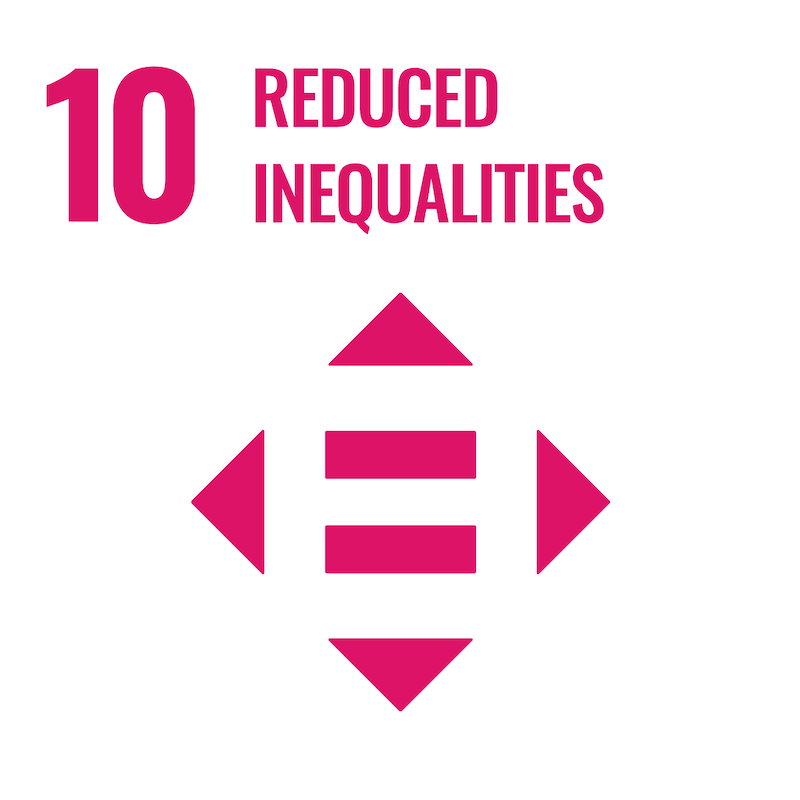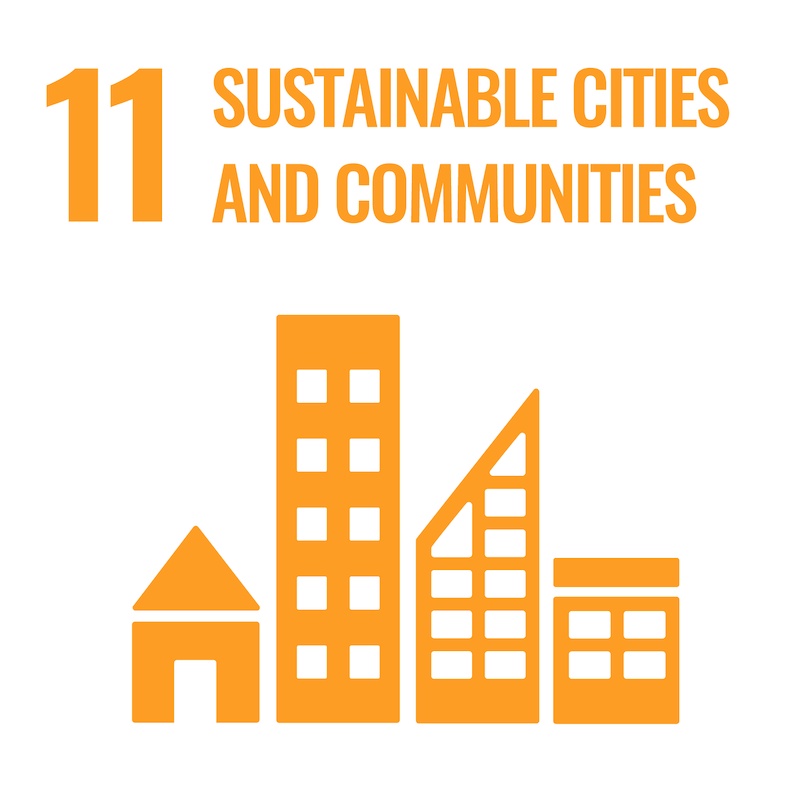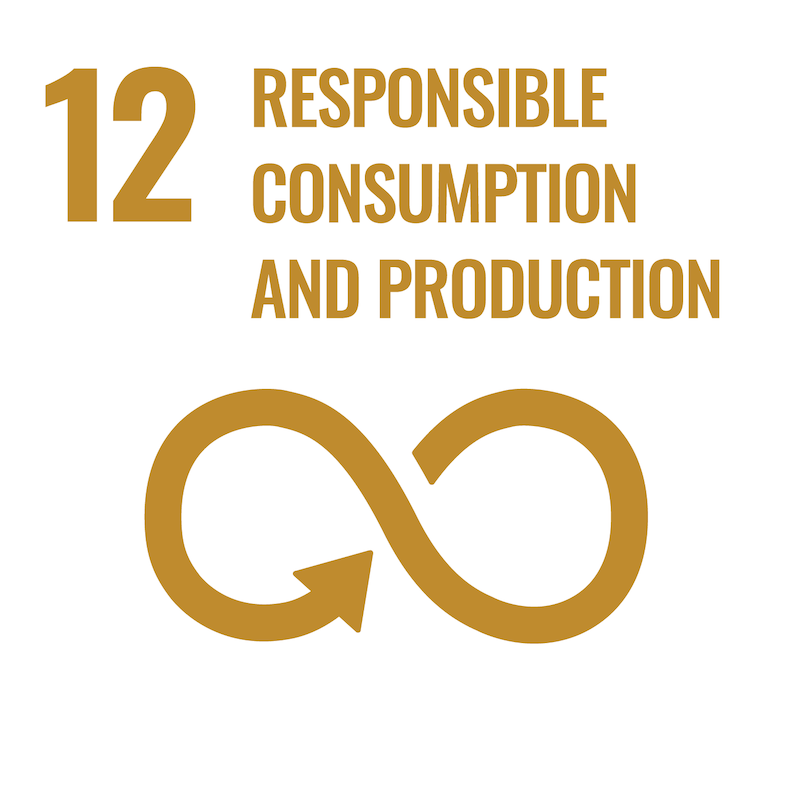PR ON THE GO February 21, 2024
Local Businesses
Local entrepreneurs and the UN’s sustainability agenda – Strategies for business success

Author: Leonidas Episkopos
Leonidas holds an MA in International Relations and is currently pursuing an MA in Strategic Communication and Public Relations. At PR ON THE GO, he brings his experience in global newsrooms and brand marketing at 3M to the local business focus.
The emergence of environmental consciousness among the average consumer across the globe had a consequent profound effect on business operations. This fact has ushered local businesses into a new era where they must respond to the market's insistence on more sustainable products, services, material sourcing, and operations.
The 17 Sustainable Development Goals (SDGs), established by the United Nations in 2015, provide a comprehensive framework to address global challenges and promote a sustainable future. They also present a wealth of opportunities for local businesses. Specifically, companies have the opportunity to capitalize on the UN's sustainability agenda by aligning their communications marketing efforts with sustainable development.
In this article, we will delve into each SDG and explore how they can be strategically leveraged by local entrepreneurs to align with their marketing objectives. From eradicating poverty to fostering environmental resilience, this is a comprehensive guide for businesses looking to make a positive impact.
Goal 1: No poverty
The first objective is to eliminate poverty by promoting equal access to resources, education, and opportunities. Local businesses have a crucial role to play in this by implementing fair labour practices, collaborating with communities, and providing skill development programs. A practical approach could involve an "Employment for Empowerment" campaign, where a portion of profits goes towards community-based job creation projects. Additionally, community-related skill development programs can equip individuals with the necessary skills for both employment and entrepreneurship, ultimately promoting self-sufficiency. As an example, local restaurants could offer complimentary cooking classes for those in need of employment.
Goal 2: Zero hunger
Sustainable Development Goal 2 has a vital mission: to eradicate hunger, attain food security, enhance nutrition, and foster sustainable agriculture. Taking an active role in this goal, local businesses have the power to promote eco-friendly farming techniques, tackle food waste, aid community food banks, and promote sustainable eating habits. By supporting and protecting local farmers, they can safeguard the future sustainability of agriculture. A prime example of this is the "Harvesting Hope" movement, where nearby markets collaborate with farmers to showcase responsibly sourced crops. Eliminating food waste is a vital component of reaching Zero Hunger, and companies can act by adopting effective methods to minimize waste and promote sustainability. By providing financial support and actively participating, businesses can assist local food banks in addressing pressing food insecurity concerns. Promoting sustainable eating habits encompasses offering informative materials, incorporating plant-based alternatives, and highlighting the importance of a well-rounded and nourishing diet. Initiatives such as the "Green Plate Challenge" involve nearby cafes launching initiatives and loyalty programs that champion sustainable food options.
Goal 3: Good health and well-being
Goal 3 centres on promoting wellness for everyone and tackling issues that affect well-being. One way for companies to contribute is by implementing programs for employee health, initiatives for the community's well-being, accessible healthcare options, and educational campaigns. Examples of this could be wellness hubs, community health events, and campaigns that encourage healthy eating habits. Additionally, local businesses can join in health-related initiatives such as the "Health for All" Community Event, where they can offer free check-ups, consultations, and educational sessions. Local businesses could also run educational campaigns on health, which entails promoting nutritious food and providing valuable nutrition information.
Goal 4: Quality education
The fourth goal strives towards promoting inclusive and equitable education for every individual. A crucial aspect of achieving this is your involvement as a local business, as you can offer valuable contributions such as accessible learning materials, vocational training opportunities, and partnerships with educational institutions. For example, a bookstore can dedicate a section specifically for affordable educational resources, collaborate with schools and libraries, and implement effective marketing strategies. By providing vocational training programs, businesses can bridge the gap between education and practical skills and offer workshops like "Skills for Success" in collaboration with local tech stores. Furthermore, collaborating with educational institutions can significantly enhance the positive impact of local businesses on education, providing students with valuable apprenticeships and on-the-job training opportunities to gain practical experience while making a meaningful contribution.
Goal 5: Gender equality
Achieving gender equality and empowering women and girls is the central focus of Goal 5. Local businesses have the opportunity to contribute by embracing inclusive hiring practices, providing fair opportunities for career advancement, and supporting women in entrepreneurship. This could involve launching a recruitment campaign that is inclusive and free of gender bias, highlighting diverse and inclusive teams, and collaborating with women's organizations. Additionally, businesses can promote a supportive work culture by offering mentorship programs for aspiring women leaders and encouraging employees to share their success stories. To further support women in entrepreneurship, businesses can organize events to showcase and celebrate women-owned businesses and offer mentorship opportunities for aspiring entrepreneurs.
Goal 6: Clean water and sanitation
Goal 6 stresses the crucial importance of sustainable water and sanitation management. As such, local businesses play a critical role in promoting responsible water usage and sanitation. They can achieve this by implementing water-efficient techniques like using economical dishwashing methods, launching awareness-raising campaigns, and partnering with local environmental groups. Furthermore, taking responsible measures for waste disposal and avoiding harmful chemicals can also significantly aid in reducing water pollution. For example, manufacturing enterprises can invest in eco-friendly production methods, market their products as environmentally friendly, and actively organize clean-up initiatives to combat water pollution.
Goal 7: Affordable and clean energy
Goal 7 seeks to ensure universal access to affordable, reliable, sustainable, and modern energy. By embracing clean energy sources, implementing energy-efficient strategies, and actively involving the community in energy conservation efforts, local businesses can significantly reduce their environmental footprint. For example, manufacturing facilities can install solar panels or wind turbines, effectively showcasing their commitment to sustainability through social media and collaborations with local organizations. Additionally, businesses can contribute to Goal 7 by adopting energy-saving measures, such as utilizing LED lighting and appliances and hosting workshops and education programs for the community.
Goal 8: Decent work and economic growth
Goal 8 of the Sustainable Development Goals focuses on promoting inclusive and sustainable economic growth, as well as full and productive employment for everyone. To help achieve this important goal, local businesses have a crucial role to play. They can contribute by implementing inclusive employment practices, ensuring fair wages for their employees, offering attractive employee benefits, and creating a supportive work environment. For tech companies, this could mean actively recruiting diverse talent and working with local educational institutions to provide internship programs. For retail stores, it could involve implementing fair wage policies and transparent compensation structures. Local businesses can also do their part by promoting skills development and training opportunities through employee newsletters and community boards, ultimately enhancing their overall performance.
Goal 9: Industry, innovation and infrastructure
Goal 9 highlights the importance of creating resilient infrastructure, promoting sustainable industrialization, and fostering innovation for sustainable development. To achieve this, engaging in community green space initiatives, collaborating with local government agencies, and advocating for circular economy principles are crucial. Additionally, local businesses can reduce waste by implementing recycling programs and partnering with local schools to raise awareness.
Goal 10: Reduced inequalities
The focus of Goal 10 is to address the pressing issues of income inequality, discrimination, and social, economic, and political exclusion. Local businesses play a crucial role in achieving this goal by actively promoting diversity and inclusion. They can do so by taking steps such as ensuring fair treatment for all employees, participating in local initiatives to reduce disparities, and supporting minority communities. In addition, they can launch targeted recruitment campaigns, highlight their diverse workforce through marketing materials and social media, and form partnerships with local diversity and inclusion organizations. Your business can also highlight equality and fairness as a priority by implementing policies that provide equal opportunities for career growth and advancement. To further promote this commitment, you can utilize internal communication channels and work closely with local advocacy groups to organize informative workshops on workplace equality.
Goal 11: Sustainable cities and communities
The objective of Goal 11 is to enhance the inclusivity, safety, resilience, and sustainability of cities and human settlements. Local businesses can play a significant role in achieving this by implementing sustainable measures, supporting local urban development efforts, and promoting inclusive environments. Take, for example, a local grocery store that can embrace sustainable practices through biodegradable packaging and reducing waste. Moreover, businesses can actively engage in initiatives to strengthen urban infrastructure and foster resilient communities. As an example, a hardware store could partner with local authorities to enhance the aesthetics of public spaces and allocate resources for the purchase of plants, materials, or equipment. Furthermore, local businesses can contribute to inclusivity by creating accessible spaces, such as a clothing store renovating its layout.
Goal 12: Responsible consumption and production
Goal 12 focuses on promoting sustainable consumption and production practices, a goal that local businesses can actively contribute to by implementing sustainable production methods, highlighting eco-friendly products, educating consumers on sustainable options, and minimizing waste. For instance, furniture manufacturers can shift to using reclaimed materials, while clothing boutiques can offer organic or recycled items. Home goods stores can offer workshops on sustainable living, promote them through social media and community panels, and partner with sustainability experts for informative sessions. Moreover, grocery stores can initiate waste reduction campaigns like the "Zero Waste Shopping Challenge", where customers are encouraged to bring their reusable bags to reduce plastic waste.
Goal 13: Climate action
Goal 13 stresses the pressing necessity to combat climate change through heightened consciousness, adapting to climate effects, and implementing techniques to decrease greenhouse gas emissions. This provides an opportunity for local businesses to capitalize by integrating sustainable approaches and energy-saving measures. Take, for example, a restaurant that can utilize eco-friendly appliances, source locally, and advertise its certifications through enticing marketing materials and eye-catching displays. Furthermore, local businesses can actively participate in environmental initiatives, sponsor community clean-up events, and educate the community on the impact of climate change. Awareness can be raised for sustainable transit alternatives through campaigns such as "Bike to Shop" and "Community Clean-Up Day."
Goal 14: Life below water
The significance of preserving and responsibly utilizing marine resources is a key focus of Goal 14. This includes tackling pressing concerns such as overfishing, pollution, and ocean acidification. Local businesses have a role to play by promoting sustainable fishing methods and minimizing the use of plastic. By teaming up with local fishermen and advocating for reusable bags and packaging through social media presence and educational initiatives, they can make a significant impact in reducing plastic consumption and protecting marine ecosystems.
Goal 15: Life on land
Targeting the preservation and enhancement of liveable and thriving terrestrial environments, goal 15 strives to combat pressing concerns such as deforestation, desertification, and the diminishing of biodiversity, while also promoting sound land management practices with sustainability in mind. The participation of local businesses in initiatives such as reforestation and the implementation of techniques like "Sustainable harvesting" can be instrumental in achieving these goals. By adopting sustainable agricultural practices and demonstrating their dedication to responsible land use, these businesses can make a valuable contribution to the overall pursuit of sustainability.
Goal 16: Peace, justice and strong institutions
Goal 16 aims to promote peaceful and inclusive societies, providing access to justice for all, and building effective, accountable, and inclusive institutions at all levels. By implementing ethical and transparent practices, such as fair trade, local businesses can play a significant role in achieving this goal. Displaying fair-trade products in-store, utilizing social media platforms, and partnering with local fair-trade organizations are valuable ways to promote this initiative.
Goal 17: Partnerships for the goals
Goal 17 promotes cooperation among governments, the private sector, and civil society to pool resources and exchange knowledge in pursuit of the other SDGs. To this end, local businesses can play a crucial role by teaming up with other industries to effectively tackle issues specific to their sector and promote sustainable practices. For instance, forming a Sustainable Retailers Alliance for clothing stores would be a valuable step towards achieving this goal.
To summarize
In all, the pursuit of the UN's 17 Sustainable Development Goals has created a wealth of opportunities for local businesses to make a meaningful difference in the world. Each goal, from eradicating poverty to promoting sustainable urban growth, provides a gateway for businesses to engage in purposeful marketing. By wholeheartedly embracing these goals, businesses of all sizes have the potential not only to enhance their growth, but also to act as drivers of impactful change.
#PRontheGO
Subscribe to our growthhacking newsletter.
Follow the latest PR hacks from our experts.



